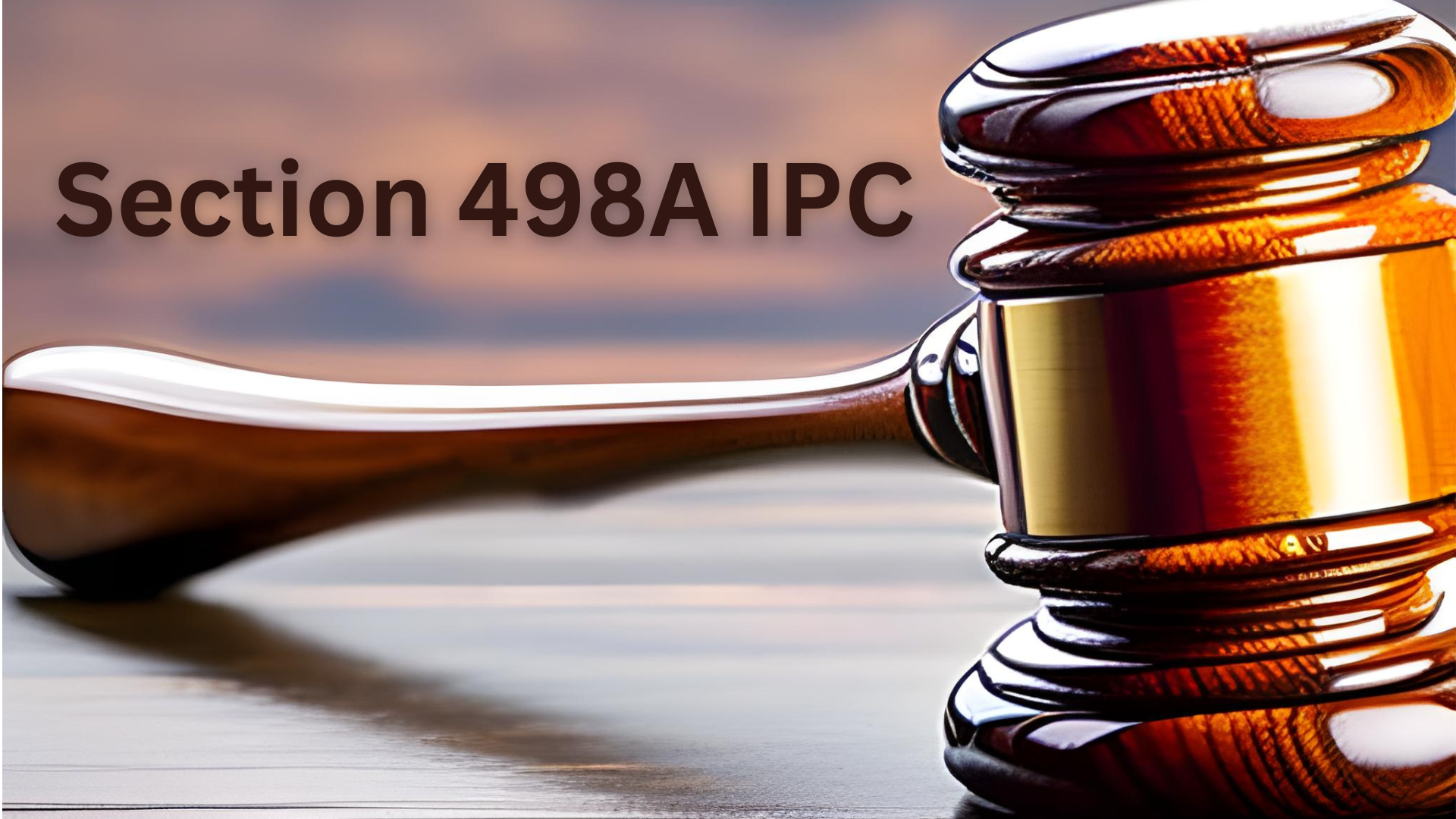Justice Pankaj Purohit noted that the word ‘person’ Under Section 125, CrPC Includes both male and female persons, and also observed that there has been a sea of change in the educational and economic status of women.
The Uttarakhand High Court recently ruled that a minor child can claim maintenance from a mother also under Section 125 of the Code of Criminal Procedure (CrPC) provided the mother has sufficient means. [Smt. Anshu Gupta versus Adwait Anand @ Devansh]
The Court explained that the term “person” under Section 125 of the Code of Criminal Procedure (CrPC), which deals with the award of maintenance, would include both male and female persons.
“According to the language of the present Section 125 CrPC, in the opinion of this Court “person” would include both male and female and in reference to a minor child whether legitimate or illegitimate, mother or father having sufficient means if neglects and refuses to maintain such minor child would be held liable to pay the maintenance of such child (sic),” the Court said.
The Court noted that Section 125 (1), CrPC makes it clear that the liability to maintain a minor child is always on “any person” if s/he has sufficient means.
“‘The ‘person’ word denotes not only the male but a female gender and it cannot be said that such person can only qualify father and not the mother (sic),” it added.
Justice Pankaj Purohit added that there has been a sea of change in the educational and economic status of women.
“In the 21st century, most of the women now are well educated and are in gainful employment,” he observed.
The Court further delved into Section 8 of the Indian Penal Code (IPC) which defines ‘gender’ and said that the definition gives an indication that ‘he’ and its derivatives are used in respect of any person, whether male or female.
The Court opined that it can safely be inferred that ‘person’ under Section 125 (1), CrPc includes both the mother and the father.
“Under Section 11 of the IPC, the “person” has also been defined, which includes any company or Association or body of persons, whether incorporated or not,” it added.
The Court made the observation while upholding a family court’s order directing a mother, a government teacher, to pay maintenance of ₹ 2,000 to her minor son, who had been living with his father.
The marriage of the minor’s parents was dissolved in 2006.
The family court was earlier told that the financial condition of the child’s father had deteriorated and that he had no means to provide quality education, upbringing or food to the minor.
The mother challenged the family court order before the High Court, where her counsel argued that the duty to maintain minor children is only upon the father and not on the mother.
The mother’s counsel further relied on the Punjab and Haryana High Court ruling in Raj Kumari vs. Yashoda Devi and another, wherein it was held that “Under Section 125 of the Code, the father or a, husband or a son. as the case may be, is the only person that can be proceeded against.”
The counsel also referred to the judgment in Mst. Dhulki vs. State to buttress his argument.
However, Justice Purohit declined to accept this position, pointing out that the judgments were passed in 1959 and 1977 when women were mostly uneducated and unemployed. Since then, there has been a sea of change in the status of women, he observed.
“The revisionist herself is a Government Teacher, who at present, would be getting a minimum ₹1,00,000 as salary and as such, there is no illegality and impropriety in the impugned judgment and order dated 30.03.2013 passed by learned Judge, Family Court,” the Court concluded.
Accordingly, it dismissed the mother’s challenge to the family court’s March 2013 order.



